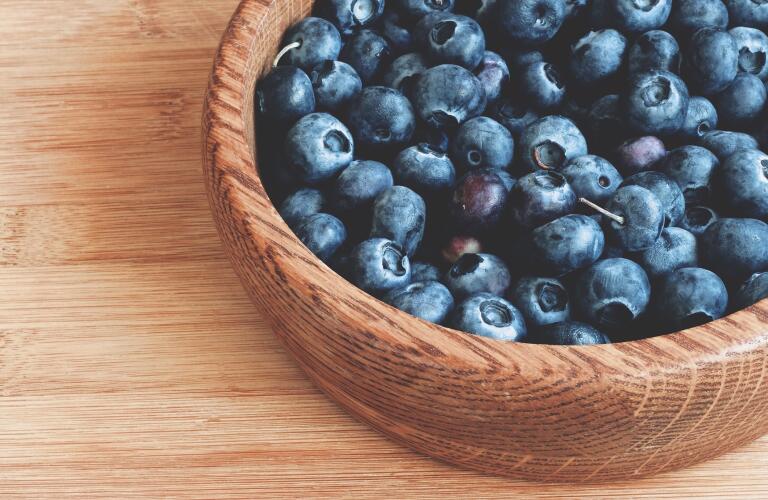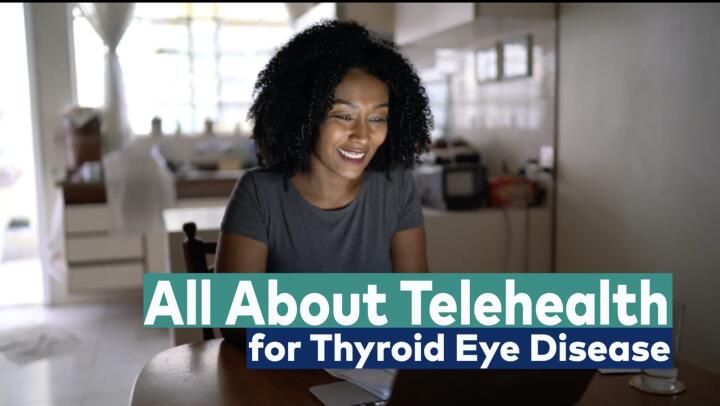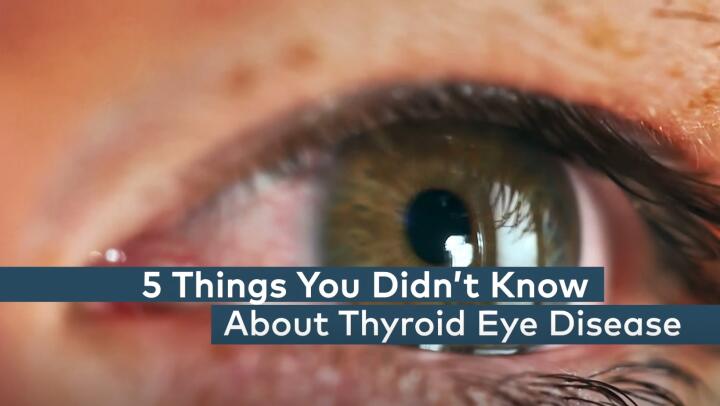
When you have Graves’ disease, your body overproduces thyroid hormones, which interferes with your metabolism. While there are no specific official nutritional guidelines for those with Graves’ disease, many people benefit from eating certain types of foods and avoiding others.
Foods for Graves’ Disease: Antioxidants
As an autoimmune condition, Graves’ disease causes the immune system to misfire, attacking healthy cells in addition to protecting you from infection. Antioxidants are believed to help prevent cell damage, but research is ongoing. There are several ways to work antioxidants into your diet.
- Enjoy more berries, like blueberries, blackberries, raspberries, and cranberries
- Include tomatoes and red peppers in your meals
- Consider vitamins or supplements like vitamin C, vitamin E, selenium, and beta-carotene
Before you take vitamins or supplements or change your diet drastically, it’s always a good idea to check with your doctor.
Graves’ Diet: Protein and Calcium
Graves’ disease weakens cells throughout your body, including your muscles and bones. You can make them stronger by getting enough protein for your muscles and enough calcium for your bones. Look for lean, low-fat, and low-sugar options because people with Graves’ disease are at higher risk of heart disease and diabetes.
- Lean proteins: skinless chicken, turkey, fish, eggs, beans, mushrooms
- Low-fat dairy: milk, cheese, yogurt low in sugar
- Calcium-rich vegetables: spinach, collard greens, turnip greens, okra
- Calcium-fortified packaged foods: orange juice, whole grain cereals, whole grain bread
Foods to Avoid With Graves’ Disease
Some symptoms of Graves’ disease may be exacerbated by caffeine, including irritability and sleeplessness. See if cutting back on coffee, tea, and sodas makes a difference for you.
At one time, it was thought people with Graves’ disease should avoid cruciferous vegetables (vegetables with petals that resemble crosses) like broccoli and cauliflower because they interfere with thyroid function. This theory has since been debunked. Cruciferous vegetables are good for everyone and, as with every food, should be eaten in moderation.
Graves’ Disease and the Iodine Diet
A common treatment for Graves’ disease is radioactive iodine therapy to destroy overactive thyroid cells. Your doctor may ask you to follow a low-iodine diet leading up to your treatment to increase its effectiveness. Foods high in iodine that you may need to avoid include table salt and seafood.
In your day-to-day, a “Graves’ diet” should look like any healthy diet, minus any specific food sensitivities you might have as an individual. Talk with your doctor about areas of improvement and see if a registered dietitian can be added to your healthcare team to help keep you on track with tips and meal plans.

















